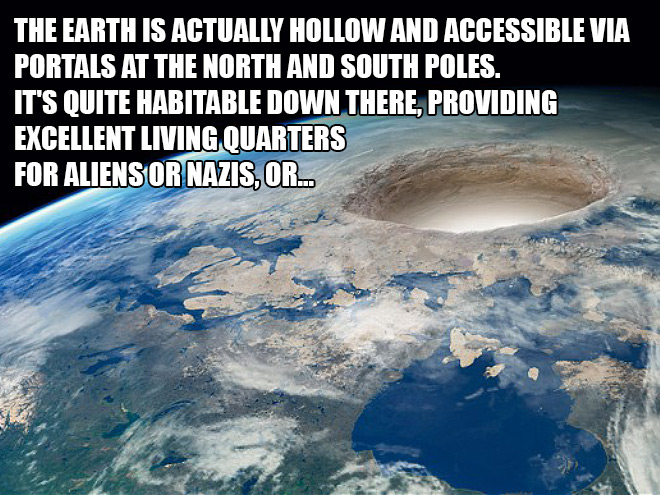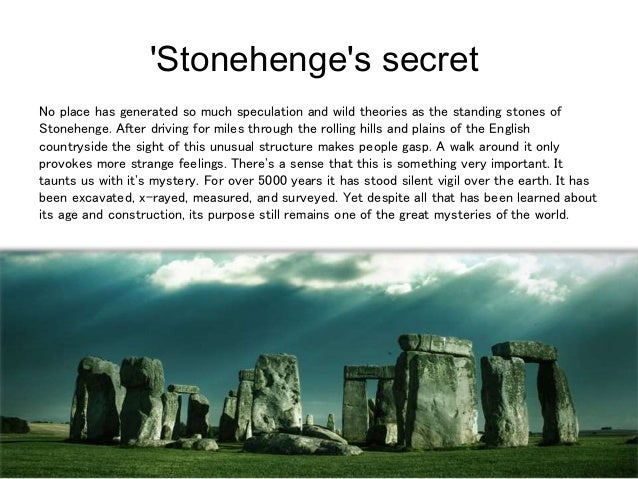
Through my research, I first explored the experiences of pressure, stress and anxiety by interviewers in silent or no-comment suspect interviews.

Their interaction with the interviewee was the most significant aspect of this experience. A greater understanding of the interviewer’s subjective experience of the interview environment was required. My early hypothesis was that, in order to develop interviewers, more attention must be paid to the needs of each individual. In 2017, as part of my undergraduate degree, I had the opportunity to research why this might be. The negative experience of those reluctant investigators seemed to be exacerbated when suspects remained silent or made no comment. I was interested in why some investigators seemed to relish the opportunity to interview suspects and fought to lead on high-stakes serious crime interviews, while others – despite their length of service and experience – appeared to do whatever they could to avoid the interview room. I’ve always been fascinated by the fine-grain interactions, verbal and otherwise, that take place between suspects and investigators – and even solicitors – during suspect interviews. Interviewers must simultaneously formulate questions and mentally digest lengthy accounts, all while maintaining an inscrutable expression. Suspect interviewing is a complex and challenging task that calls on a range of cognitive functions. They can direct the focus of an enquiry, elicit admissions of guilt or provide exonerating alibis to the innocent. Suspect interviews form a crucial element of police investigations. I recall watching the detectives come and go from interviews with suspects of serious crime, and I decided that was what I wanted to do. it was good, but i want to read a book that just accounts the details about how they lived more instead of so much history about how theories got formed.From the early days of my probation, bringing suspects to the cell block at Brighton Police station, I was drawn to the complexity of the discourse of suspect interviews. lots of the discussion is about what is expected about people being influenced by wealth and other cultures, so its not an informative book about the physical reality of the greek bronze age so much. there are some floor plans in the book but no 3d representations of any of the palaces.

Some of the art is described as being obviously similar to neighbouring cultures but it isnt always explained why.

The author acts too humble and rambles on about being a political reporter with no expertise before he disagrees with a historian all the time, it gets boring.

Crete is talked about a lot, as well as China and other Near-East kingdoms. there isn't much info about the day to day life of the bronze age greeks after the first few chapters. a lot of chapters are devoted to talking about the work of archaeologists and script decipherers and historians finding evidence and making their own theories. i didnt know what format it would be because the author isnt an archaeologist or a historian. The author acts too humble and rambles on about i liked it overall.


 0 kommentar(er)
0 kommentar(er)
